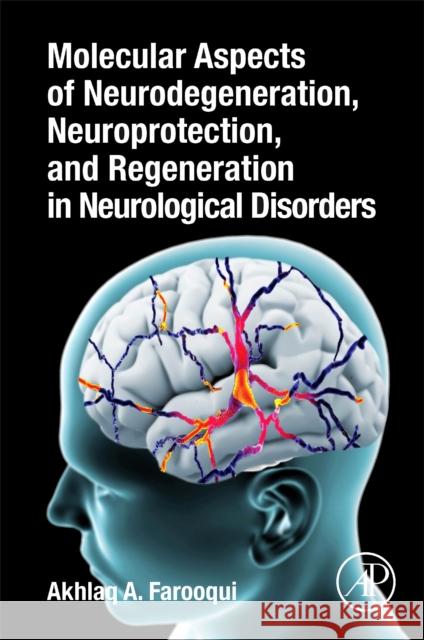Molecular Aspects of Neurodegeneration, Neuroprotection, and Regeneration in Neurological Disorders » książka
topmenu
Molecular Aspects of Neurodegeneration, Neuroprotection, and Regeneration in Neurological Disorders
ISBN-13: 9780128217115 / Angielski / Miękka / 2020
Molecular Aspects of Neurodegeneration, Neuroprotection, and Regeneration in Neurological Disorders
ISBN-13: 9780128217115 / Angielski / Miękka / 2020
cena 574,40
(netto: 547,05 VAT: 5%)
Najniższa cena z 30 dni: 569,69
(netto: 547,05 VAT: 5%)
Najniższa cena z 30 dni: 569,69
Termin realizacji zamówienia:
ok. 30 dni roboczych
Bez gwarancji dostawy przed świętami
ok. 30 dni roboczych
Bez gwarancji dostawy przed świętami
Darmowa dostawa!
Kategorie:
Kategorie BISAC:
Wydawca:
Academic Press
Język:
Angielski
ISBN-13:
9780128217115
Rok wydania:
2020
Oprawa:
Miękka
Wolumenów:
01











